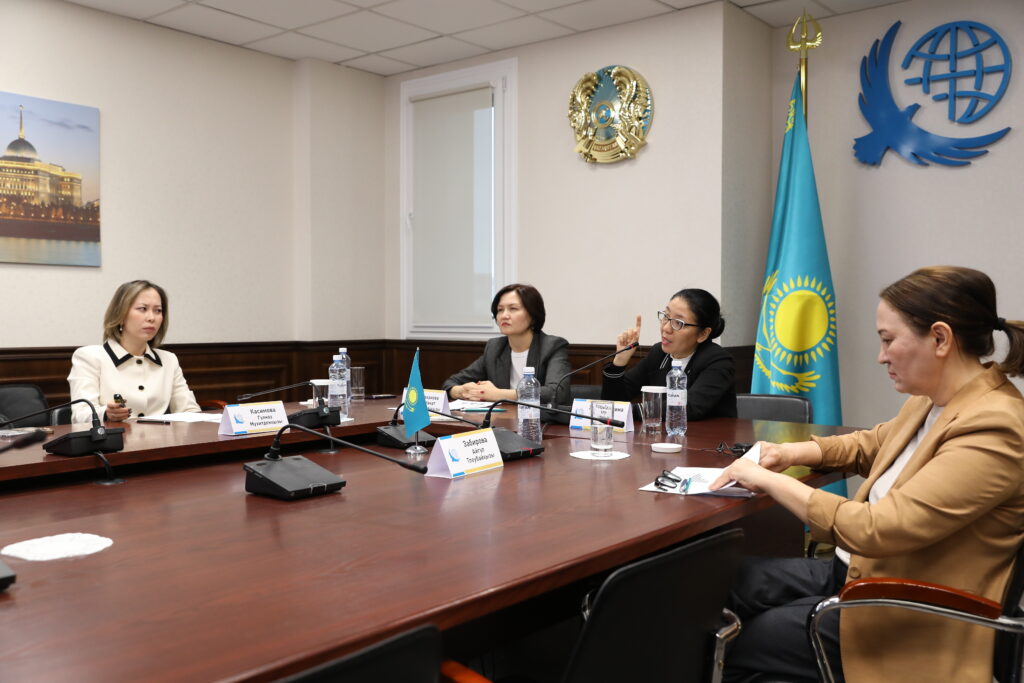ASTANA — A sociological survey conducted by the Kazakhstan Institute for Strategic Studies (KazISS) offered insights into public sentiment about the conclusion of 2024. Despite global challenges, 66.2% of Kazakh citizens reported optimism, reflecting a favorable year personally and nationally.

KazISS briefing reveals sociological survey insights into public sentiment about the conclusion of 2024. Photo credit: KazISS
According to the survey results revealed by KazISS on the Dec.5 briefing, among 1,200 respondents, young people and individuals with higher material prosperity were notably optimistic about their personal outcomes. However, perceptions of the year were more modest at the national and global levels. Residents in rural areas, pensioners and those with lower income levels cited more difficulties, while vocationally educated and affluent citizens rated the country’s trajectory higher.
In a regional survey conducted among 8,000 respondents, trust in the President remains strong, with 80.5% expressing confidence. This percentage increases to 86.4% among young people and 82.2% among Kazakhs. Women and affluent groups reflected similarly high levels of confidence, attributed to ongoing political reforms, social support and economic initiatives.
The same survey indicated 77.7% approval for Kazakhstan’s political direction, underscoring support for both domestic and foreign policy decisions. Respondents largely viewed Kazakhstan as a unified nation, with 46% identifying the national passport as the primary symbol of unity, followed by 39.9% attributing it to the shared history and 32% to the common language.
Family, work and friendships ranked as the top personal values for most citizens, while young people also prioritized leisure. Religion and politics were regarded as less significant across the population.
Looking ahead to 2025, on a personal level, young people and affluent citizens maintain positive personal outlooks. However, their perceptions of the country’s future are less optimistic. On a national level, rural residents and individuals managing households tend to express greater positivity.
KazISS noted that national identity, trust and foundational values, such as family, remain pivotal for societal progress. The institute plans to continue monitoring social attitudes to inform strategies for sustainable development.
